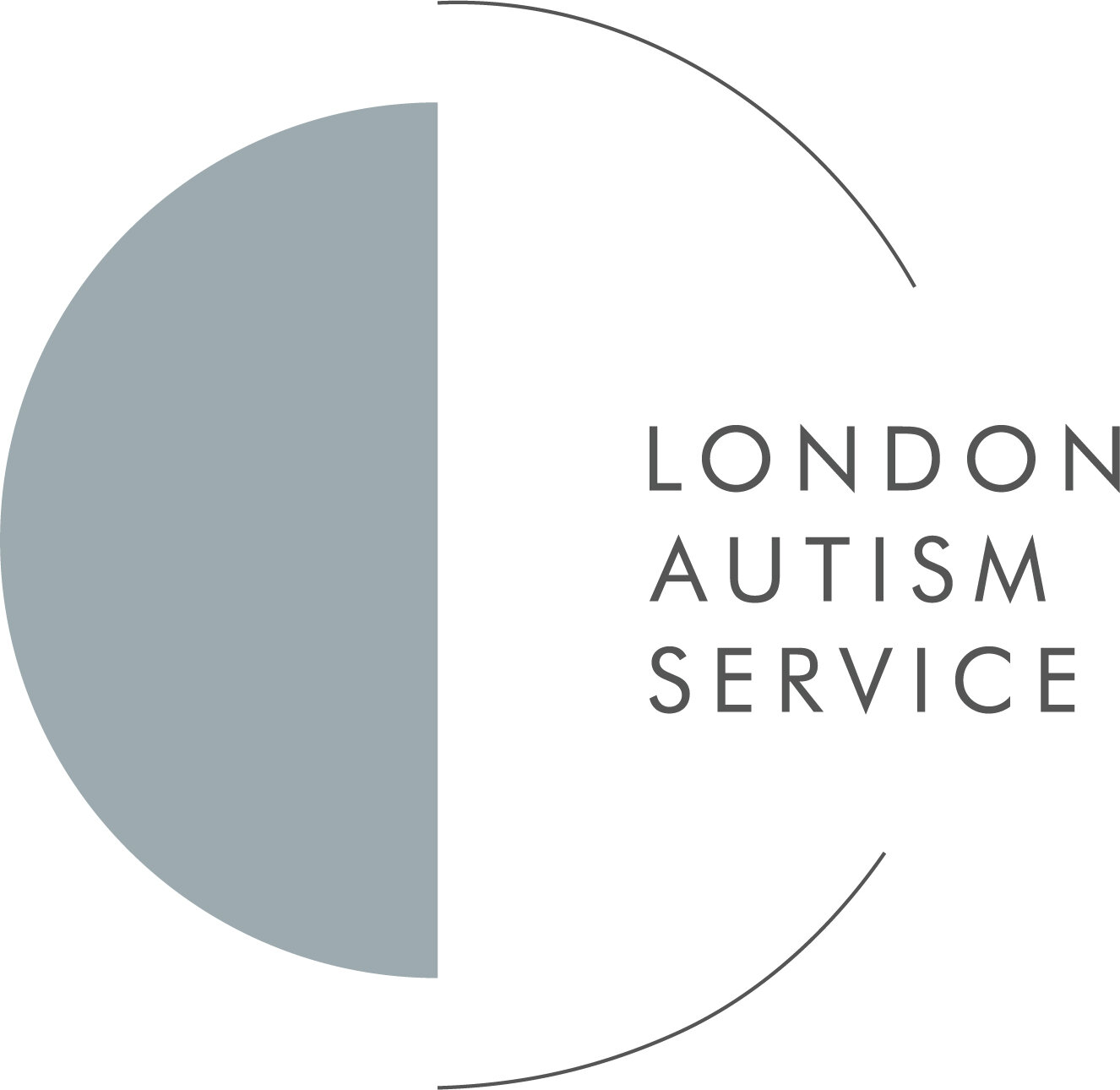
EBSA & Autism
Anxiety about school
Experiencing some anxiety about school is very normal for children and young people, particularly at transition points such as a new term or during exams. For some young people, this anxiety can become overwhelming and result in the avoidance of school. In the short term, avoiding school is an effective coping strategy for reducing anxiety, however in the long term, it maintains the anxiety and makes attending school even more difficult. Whilst avoidance is a normal response to stressful situations, it creates a cycle of anxiety and it is important to empower young people with the skills and tools to manage their anxiety and navigate difficult situations.
What is EBSA?
Previously, children who were absent from school were referred to as ‘school refusers’. There has been a move away from this term as it suggests that young people are choosing not to attend school, which is often far from the truth. In fact, many young people experiencing EBSA really want to attend school, but do not feel confident or supported to do so.
School anxiety and avoidance is now more commonly referred to as Emotionally Based School Avoidance / Non-Attendance (EBSA), which highlights the emotional factors underlying attendance difficulties. Various different factors can contribute to EBSA, including social anxiety, difficulties within the school environment, difficulties at home, Special Educational Needs, anxiety about learning or sensory needs.
What are the signs of EBSA?
Avoiding getting up in the morning
Child saying they cannot go into school
Physical symptoms and feeling unwell such as a headache or stomach ache
Disrupted sleep
Avoiding certain lessons or days
Changes in emotions e.g. increased frustration, upset, anxiety or withdrawal
How can we support?
An initial consultation will be offered to explore the factors contributing to school anxiety and avoidance. This will also be an opportunity to consider any further work with the child or young person. Additional sessions may involve further assessment to identify the functions of the EBSA, support to understand and manage anxiety, exploration of values and creating a stepped reintegration plan. Where possible, it is also helpful to share information with the school to ensure a collaborative approach.
